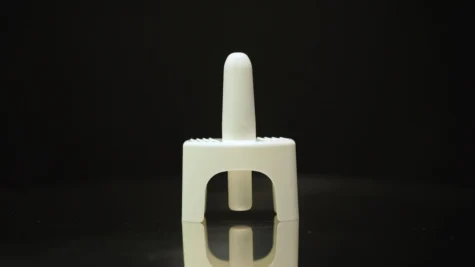Health insurance usually covers addiction treatment and other mental health issues, but many are unaware of the extent of coverage. A more serious problem is that many individuals admitted for addiction treatment lack health insurance. The Substance Abuse and Mental Health Services Administration reports that approximately 60% of individuals aged 26 and older admitted for substance abuse treatment lacked health insurance, with male admissions having a higher proportion.
Sorting out your insurance coverage for substance abuse treatment can be difficult, especially if you don’t understand what it entails. That’s why correctly understanding addiction treatment insurance and how it works is necessary. It ensures you access the appropriate care. This blog discusses insurance coverage, available insurance provider options, and how to obtain one.
Insurance Coverage Explained
Insurance coverage is a crucial aspect of addiction treatment. It eases the financial burden associated with rehab, making treatment more accessible. Addiction treatment insurance assures individuals that they can receive the required care, regardless of the cost of treatment.
Effective substance abuse treatment typically combines integrative approaches like therapy and medications. Because of the complexity of addiction, individuals usually undergo different stages of treatment to get well. These stages start from detox to therapy and, finally, to aftercare programs like support groups. This treatment isn’t something most people can comfortably sort out. Fortunately, that’s why there’s insurance.
Most health insurance plans cover substance abuse treatment costs, but how much coverage will depend on your type of insurance plan. It’s essential to check with an insurance provider before going for addiction treatment to get further details about what’s covered under different plans. Choosing the right insurance provider is critical because they have varying policies and limitations. They should offer comprehensive coverage for substance abuse treatment.
Types of Insurance Coverage for Addiction Treatment
The available coverage options typically include private insurance, employer-subsidized insurance like Medicaid, and the Affordable Care Act (ACA). The Affordable Care Act was signed into law in 2010 to make health insurance more accessible. It allows people with addiction problems to access treatment without denial. It also recognizes that drug addiction isn’t a pre-existing condition.
The ACA insurance requires substance abuse treatment to be treated thoroughly and given the same weight as other physical ailments. In this coverage, the components include:
- Examination
- Intervention
- Medications to curb addiction
- Clinic visits
- Substance testing
- Home health visits
- Family therapy
- Integrative and holistic methods to lessen cravings
Individuals who aren’t covered under other insurance, like the employer or the typical Medicaid, can purchase the ACA plan at subsidized rates.
What Addiction Treatment Programs Does Insurance Cover?
Most health insurance plans cover many addiction treatment programs. They include:
- Inpatient rehab
- Outpatient rehab
- Intensive Outpatient
- Detox
- Medication-assisted treatment (MAT)
- Dual-diagnosis
- Aftercare
Comprehensive coverage allows individuals to access complete addiction treatment services. Therefore, you must choose a plan that covers a broader range of services, providing you the flexibility to address various situations.
It’s possible to change your health insurance coverage. However, qualifying life events make one eligible for a change. These events include losing eligibility for Medicare or Medicaid, losing your insurance-based job, losing coverage under your parent’s insurance, and having a baby. Other qualifying events include getting divorced, becoming a U.S. citizen, having a lower or higher income, and the death of a family member that affects coverage. These situations may require documentation proving you’re worthy of a new or adjusted insurance plan.
You can also have multiple insurance plans. This is called dual insurance coverage or coordination of benefits. You may be eligible for this plan if you’re:
- 26 and covered by your parent’s insurance.
- 65 and have an employer coverage plan.
- Married and have an insurance plan with your spouse.
With two insurance plans, you can pay more than 80% of the cost of addiction treatment. The first plan is your primary coverage, which will be paid out first. The second plan is the secondary coverage, which covers the remaining cost.
Utilizing Addiction Treatment Insurance: The Preauthorization Process
Preauthorization is getting approval from your insurance provider before receiving any treatment. This step is crucial because it ensures that the intended treatment is covered under your current plan and that you receive adequate care without financial burdens. An excellent way to get ahead of this is to talk to a provider versed in insurance plans for addiction treatment.
Your provider will also help you max out your plan by explaining its details. Working with an insurance provider is always better because you can make a more informed decision.
Southern Sky Recovery Provide Treatment Programs Covered by Insurance
Don’t allow the full cost of addiction treatment to deter you from seeking treatment. With an insurance plan, you can pay a significant cost of treatment. Southern Recovery offers treatment covered by many insurance plans so that you don’t need to be overwhelmed with the financial burden. We also help you understand addiction treatment insurance plans and explore your options at our facility. Get in touch with us at +18438915693 to get started.



